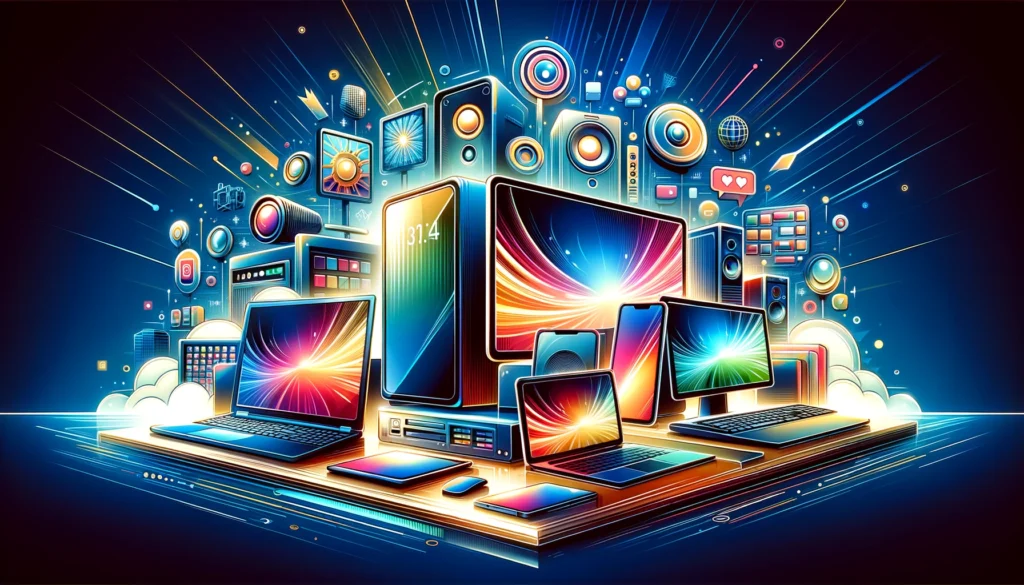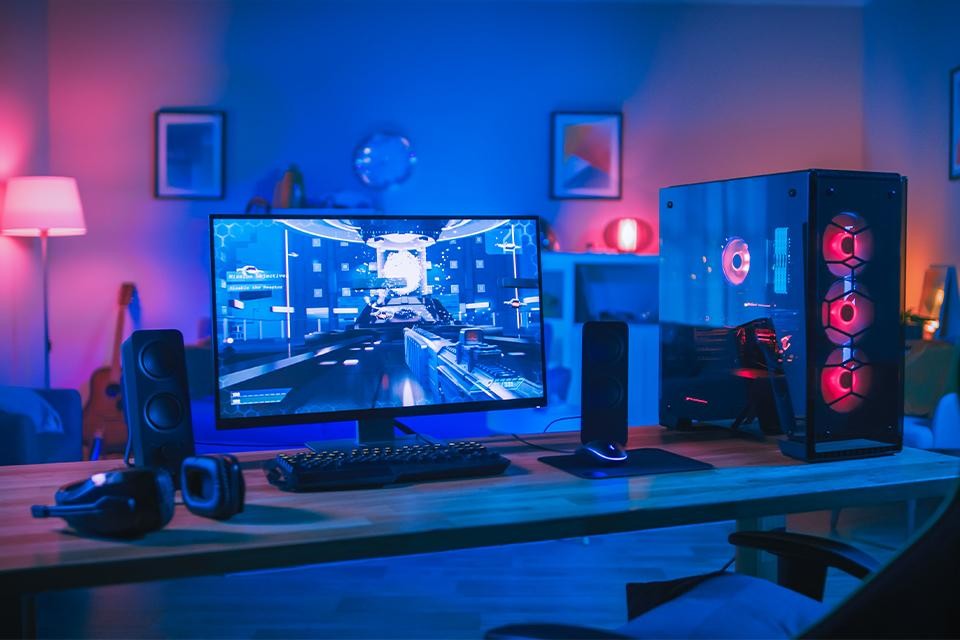In the digital age, selecting the right computer can be akin to finding a needle in a haystack. With endless options ranging from high-performance workstations to budget-friendly laptops, the process can seem daunting. This guide aims to demystify the selection process, ensuring you make an informed decision that meets your needs.
Understanding Your Requirements
Before diving into the specifications and brands, it’s crucial to understand what you need from your computer. Ask yourself:
- What is my primary use for this computer? (Gaming, professional work, general browsing)
- What software do I plan to run? (Heavy software requires more powerful specs)
- What is my budget?
Answering these questions will narrow down your choices significantly.
Processor Power: The Heart of Your Computer
The processor (CPU) is the heart of your computer, impacting everything from performance to battery life. Consider Intel Core i7 or AMD Ryzen 7 processors for heavy tasks like video editing or gaming. For general use, a Core i5 or Ryzen 5 will suffice.
RAM: Ensuring Smooth Performance
Random Access Memory (RAM) is crucial for multitasking. We recommend a minimum of 8GB for basic tasks and 16GB or more for heavy multitasking and professional work.
Storage Solutions: SSD vs. HDD
Solid State Drives (SSD) offer faster boot times and data access than Hard Disk Drives (HDD). Consider a computer with an SSD for the operating system and a larger HDD for storage if the budget allows.
Display and Graphics: For Visuals That Matter
The graphics card (GPU) and display quality are paramount for graphic designers and gamers. Look for IPS displays with at least 1080p resolution and, if necessary, a dedicated NVIDIA or AMD GPU.
Portability vs. Power: Laptops vs. Desktops
Decide whether you need the portability of a laptop or the upgradability and power of a desktop. Laptops offer freedom, but desktops provide better performance for the same price.
Read Reviews and Shop Smart
Before making a purchase, read user and professional reviews. Sites like TechRadar and CNET offer in-depth analyses and comparisons.
Conclusion
Choosing the right computer can be manageable. By understanding your needs and researching, you can find the perfect machine that aligns with your lifestyle and work requirements. Remember, the best computer is the one that best fits your specific needs.
FAQ: Choosing The Right Computer For Your Needs
1. What’s the difference between an SSD and an HDD?
A: SSDs (Solid State Drives) provide faster data access and boot times but are generally more expensive per GB than HDDs (Hard Disk Drives), which offer more storage space at a lower cost but with slower data access speeds.
2. How much RAM do I need?
A: For basic tasks like web browsing and document editing, 8GB of RAM is sufficient. For more intensive tasks such as gaming or video editing, 16GB or more is recommended to ensure smooth performance.
3. Can I upgrade the components of my laptop later?
A: Laptops are generally more challenging to upgrade than desktops. While you can often upgrade RAM and storage, upgrading the CPU or GPU is usually impossible. It’s important to consider future needs when purchasing a laptop.
4. Is a more expensive computer always better?
A: Not necessarily. It’s essential to choose a computer based on your specific needs. A more expensive model might offer features or performance you don’t need.
5. How do I decide between a laptop and a desktop?
A: Consider whether portability or performance is more important to you. Laptops offer mobility but usually at the expense of power and upgradability, whereas desktops offer more power and the ability to upgrade components easily but are not portable.
6. What is the importance of the processor (CPU) in a computer?
A: The processor determines how quickly your computer performs tasks and processes data. A faster CPU means better performance, especially for tasks that require intensive data processing, like video editing or gaming.
7. What should I look for in a computer’s display?
A: Look for a 1080p resolution for clear images and videos. If you’re into graphic design or gaming, consider a higher resolution and an IPS panel for better color accuracy and viewing angles.
8. Do I need a dedicated graphics card (GPU)?
A: A dedicated GPU can significantly improve performance if you’re into gaming, video editing, or 3D modeling. The integrated graphics found in most processors are sufficient for general use or light photo editing.
9. How can I ensure my computer stays relevant in the future?
A: Consider buying a slightly more powerful system than you need to accommodate future software updates and tasks. Additionally, choosing a system that allows for component upgrades can extend its useful life.
10. Where can I find reliable reviews and comparisons for different computers?
A: Websites like TechRadar, CNET, and PCMag offer in-depth reviews and comparisons of the latest computers. User reviews on retailer sites can also provide real-world insights into performance and reliability.
Also read – The Best Computers of 2024: Models That Outshine the Rest



